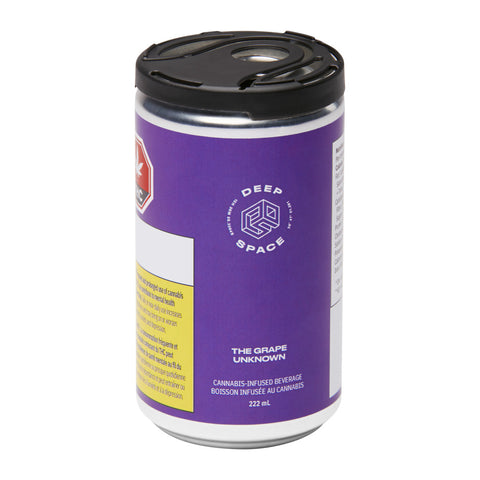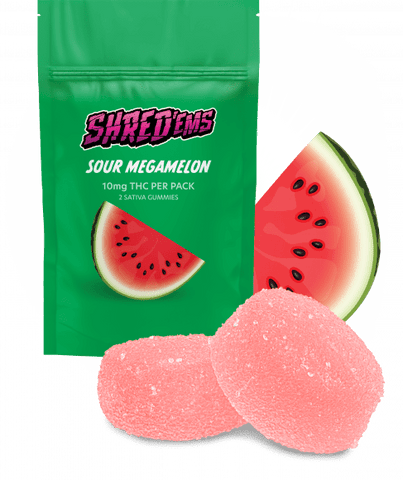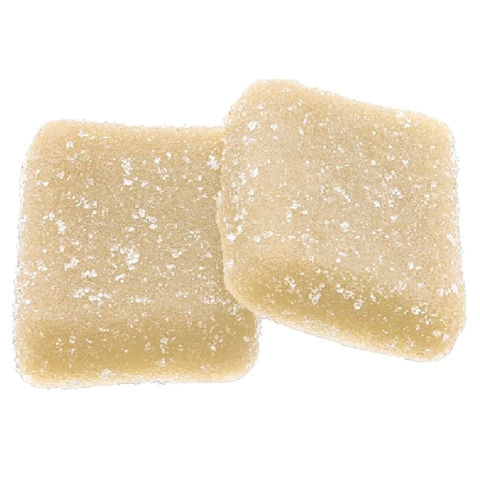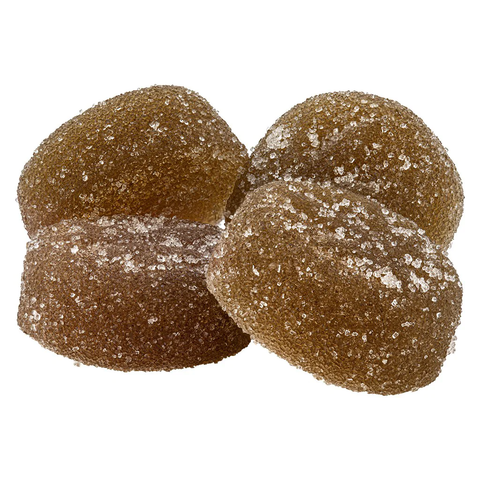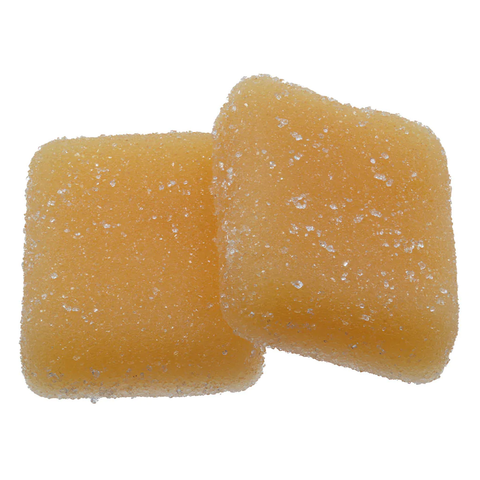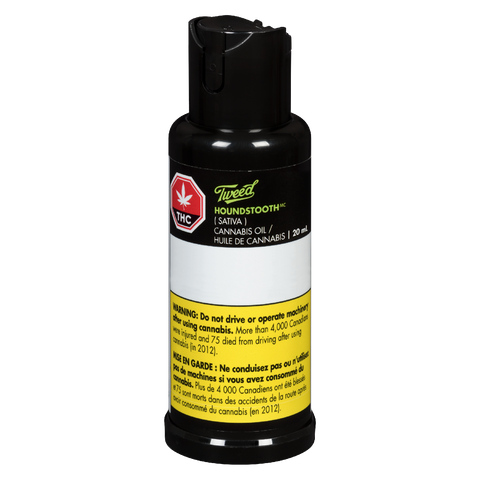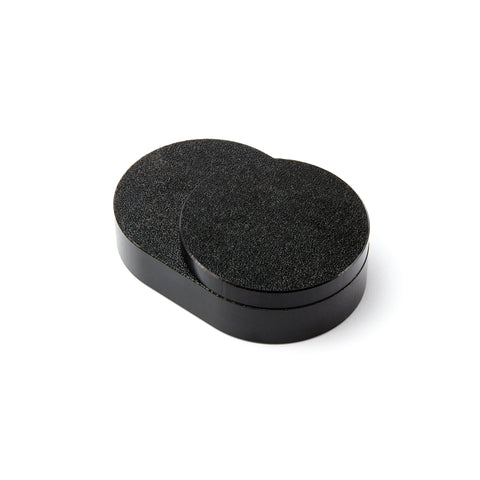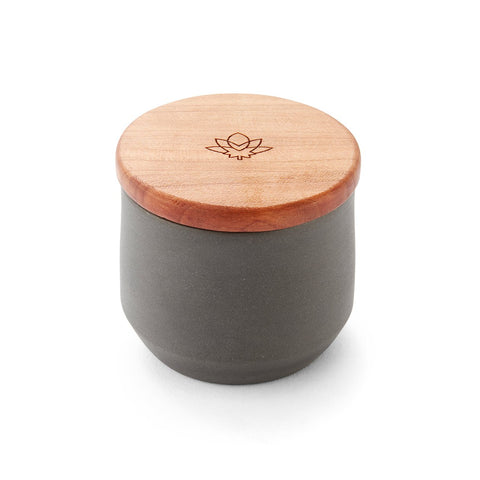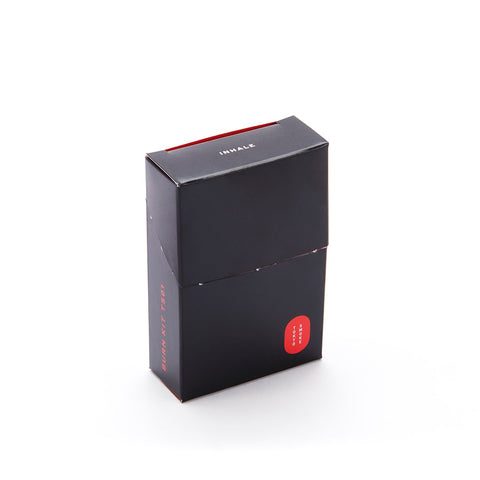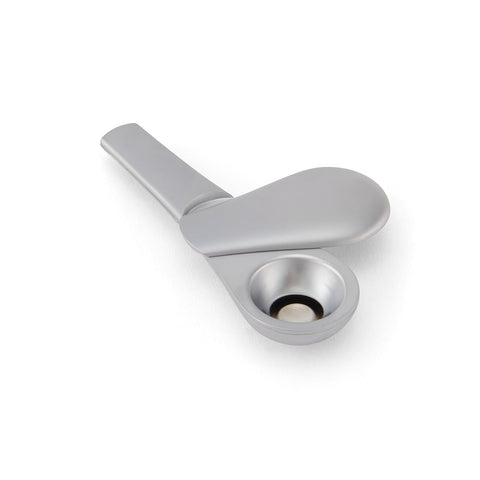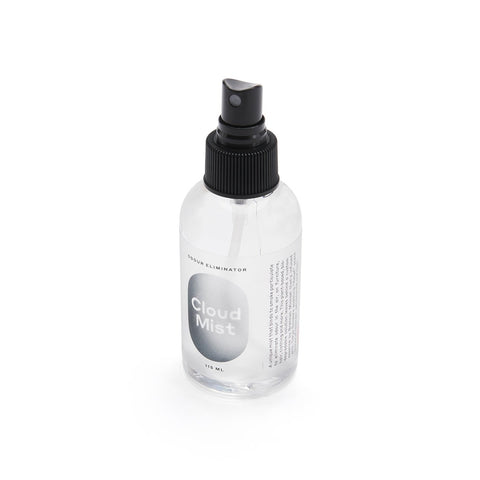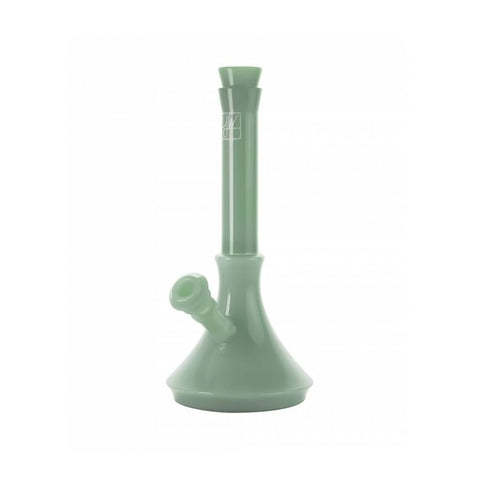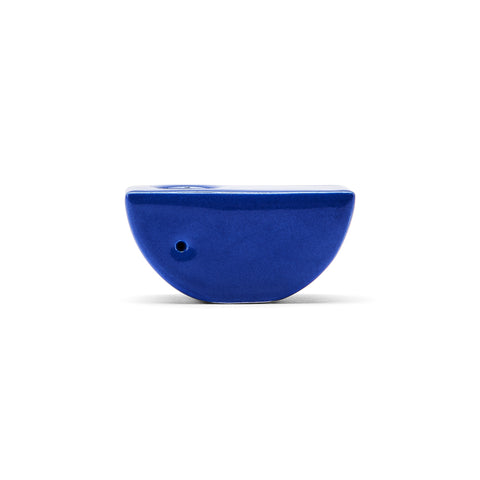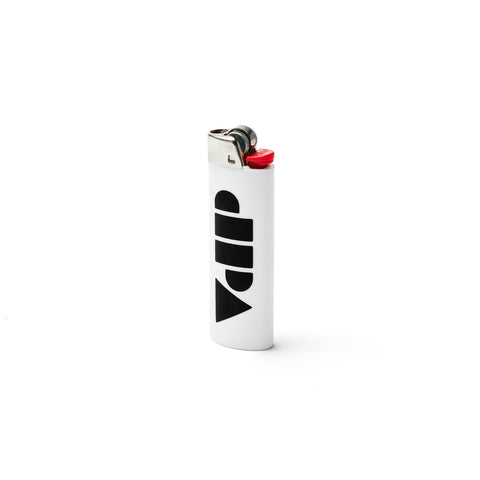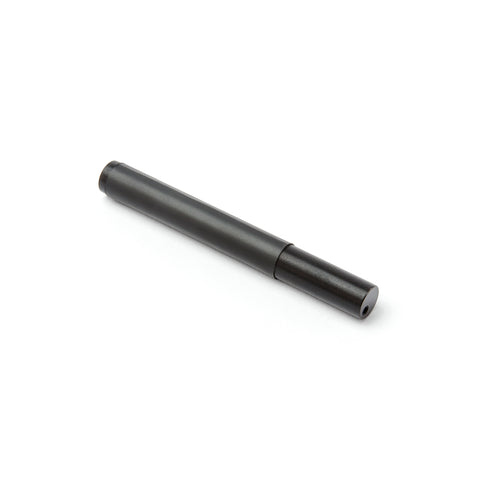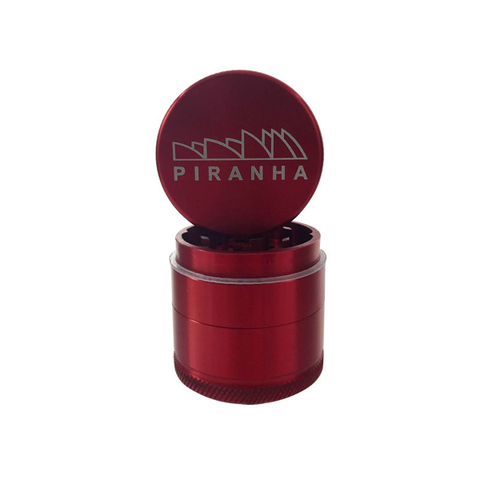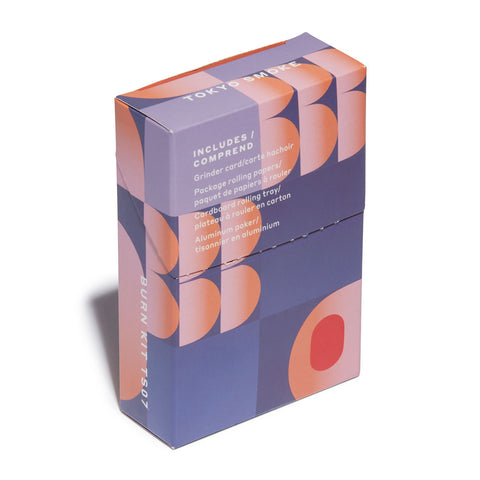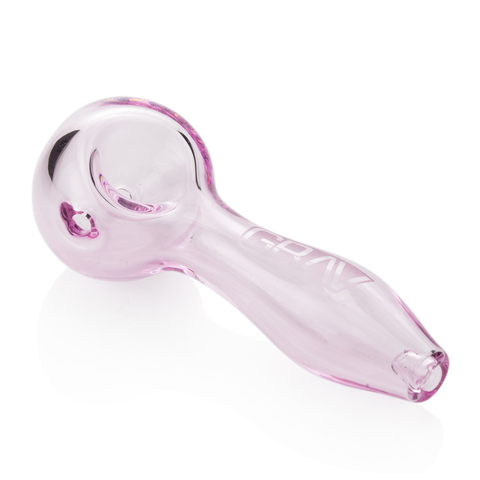We clear the haze around THC.
You probably know by now that THC is the active ingredient in cannabis responsible for getting you high. This small but mighty compound—officially called Δ9-tetrahydrocannabinol—can cause everything from euphoric bliss to an overwhelming, “someone-call-my-mom” greenout.
How Does THC Work?
So… how do you know which kind of experience you’re going to have? Let’s clear the haze around THC by breaking down how it interacts with your body, and how you can aim for a more comfortable, positive experience.
THC works by mimicking chemical messengers your body naturally creates called endocannabinoids. These messengers influence how cells communicate with one another, especially within your central nervous system. That’s why your brain plays such a huge role in the cannabis experience.
When you consume THC, it binds to the same cell receptors your natural endocannabinoids use—essentially hijacking the system. The result? A ripple effect of changes in your brain and body that can affect:
- Mood
- Memory
- Movement
- Emotion
- Time perception
What Happens When You’re High?
Everyone’s experience with THC is unique. Some feel euphoric and silly, others mellow or introspective. Sensitivity varies widely—from people who barely feel anything to those who are more prone to anxiety.
Your mindset and setting play a big role, but your genes do too. Some people may simply be predisposed to feeling more anxious or paranoid when using THC.
Common Short-Term Effects of THC
- Dry eyes
- Dry mouth
- Euphoria
- Laughter
- Forgetfulness
- Slower motor coordination
- Altered time perception
- Drowsiness
- Anxiety
- Paranoia
*Note: Most of these effects are acute and only last while you're high.
How Long Does Being High Last?
Short answer: it depends.
The duration and intensity of a high vary based on how you consume THC:
Inhalation (Smoking or Vaping)
- Effects usually start within minutes
- May last anywhere from 2–6 hours
- Some residual effects may linger up to 24 hours*
Ingestion (Edibles, Capsules)
- Onset takes 30–90 minutes
- Peak effects may last up to 12 hours
- Some effects may persist for 24 hours*
*Health Canada guidelines note effects can be felt up to 24 hours post-consumption.
Why Dosage Is Key
With THC, a little goes a long way. The effects of THC are often described as biphasic—meaning that low and high doses can have very different effects.
At low to moderate doses, THC may support:
- Relaxation
- Anxiety reduction
- Mood elevation
At higher doses, it may trigger:
- Anxiety
- Paranoia
- Discomfort or confusion
The THC:CBD ratio can also make a big difference. Many consumers report milder, more balanced effects when CBD is included in the mix.
Our advice? Start low and go slow—especially if you’re new or trying a new product.
Should You Consume THC Every Day?
Your body is a clever thing. Just like a regular coffee drinker becomes less sensitive to caffeine over time, regular cannabis users may find that they develop a tolerance to THC.
Frequent consumption can reduce your body’s sensitivity not just to THC, but to your own natural endocannabinoids. The result? You may need more THC to feel the same effects—potentially increasing your risk of dependence or withdrawal symptoms like:
- Difficulty sleeping
- Headaches
- Irritability
As with most things in life, balance is key. If you enjoy regular cannabis use, consider taking a tolerance break now and then. It can help reset your system and make your next sesh feel fresh again.

